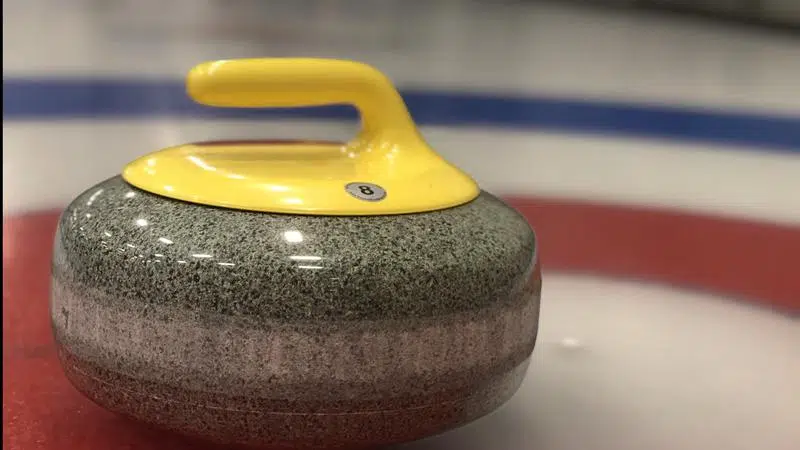
The state of curling in Saskatchewan: A Biggar problem than expected
Yesterday, we took a look at the game of curling from the elite level, and CurlSask’s stance on how the game is growing in part one of a three-part series. Today, we’re going to look at the hot bed of Curling in Saskatchewan. Biggar has produced some of the best curlers in the province, nation and world. Even they are having problems keeping the doors open, and curlers on the ice.
—
TeeJay Surik, Rory Golanowski, Colton Flasch, Anita and Robyn Silvernagle, and of course, Sandra Schmirler.


